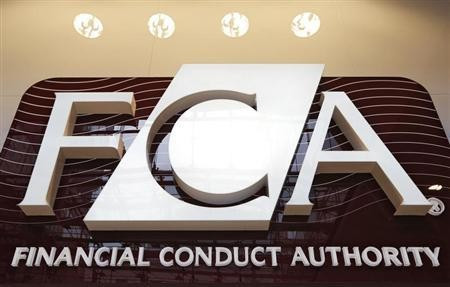Mis-Selling Derivatives: FCA Eyes Fining Banks for IRSA Scandal

The Financial Conduct Authority is mulling over whether to fine Britain's biggest banks for the mis-selling of interest rate derivatives to thousands of businesses around the UK once the redress scheme ends.
According to the watchdog's chief executive Martin Wheatley, the FCA will decide later on whether it will press ahead in fining the banks, once the redress scheme has concluded and a majority of cases have been resolved.
"In some cases the banks were selling more complicated products than they needed to because they made more profit from it," said Wheatley.
"I think there was a particular period - and if we look at the period 2005 to 2008 - where I think the moral compass was lost in banking.
"There will be cases where we may need to take further action. We're not talking about that at the moment because we're focussed on getting people their money back."
The FCA can fine the banks under regulatory rules without issuing a legal claim.
IRSAs are contracts between a bank and its customer where typically one side pays a floating, or variable, rate of interest and receives a fixed rate of interest payments in exchange.
Such contracts are used to hedge against extreme movements in market interest rates over a given period. Companies that saw the value of these products move against them as rates fell during the recession now owe banks crippling sums of money in interest payments each year.
According to a study by influential lobby group Bully-Banks, banks mis-selling derivatives to Britain's small-to-medium enterprises has cost the economy £1.7bn in lost revenues to the Treasury, as well as, 400,000 jobs.
The report revealed that the typical SME member of the lobby group has laid-off more than five employees as a result of the scandal. Nearly seven out of ten SME members would have created a further 12 jobs each had they not been burdened with the extra costs of their IRSA.
At the end of January this year, the FCA unveiled its findings from a pilot scheme that examined the sale of 173 IRSAs to British firms found that at least 90% of those did not comply with at least one or more regulatory requirements.
While some 40,000 IRSAs sold to UK businesses are said to be eligible for review, the pilot scheme was aimed at assessing a select number of cases in order to test the range of disputes and assess the scale of redress owed to customers who were mis-sold these complex derivatives.
Since then, only a handful of companies have received compensation for their mis-sold products while others have been forced to go through litigation
© Copyright IBTimes 2025. All rights reserved.






















